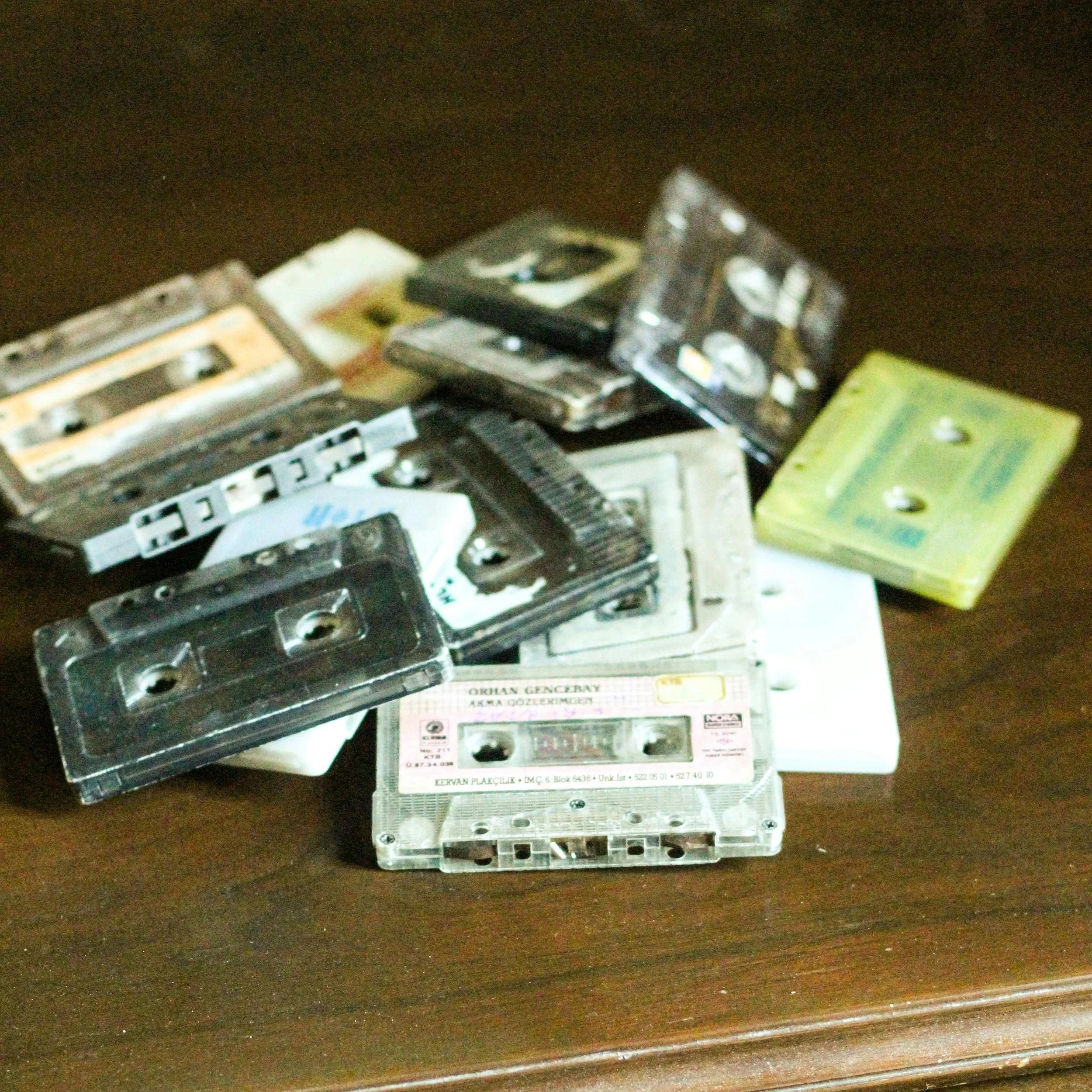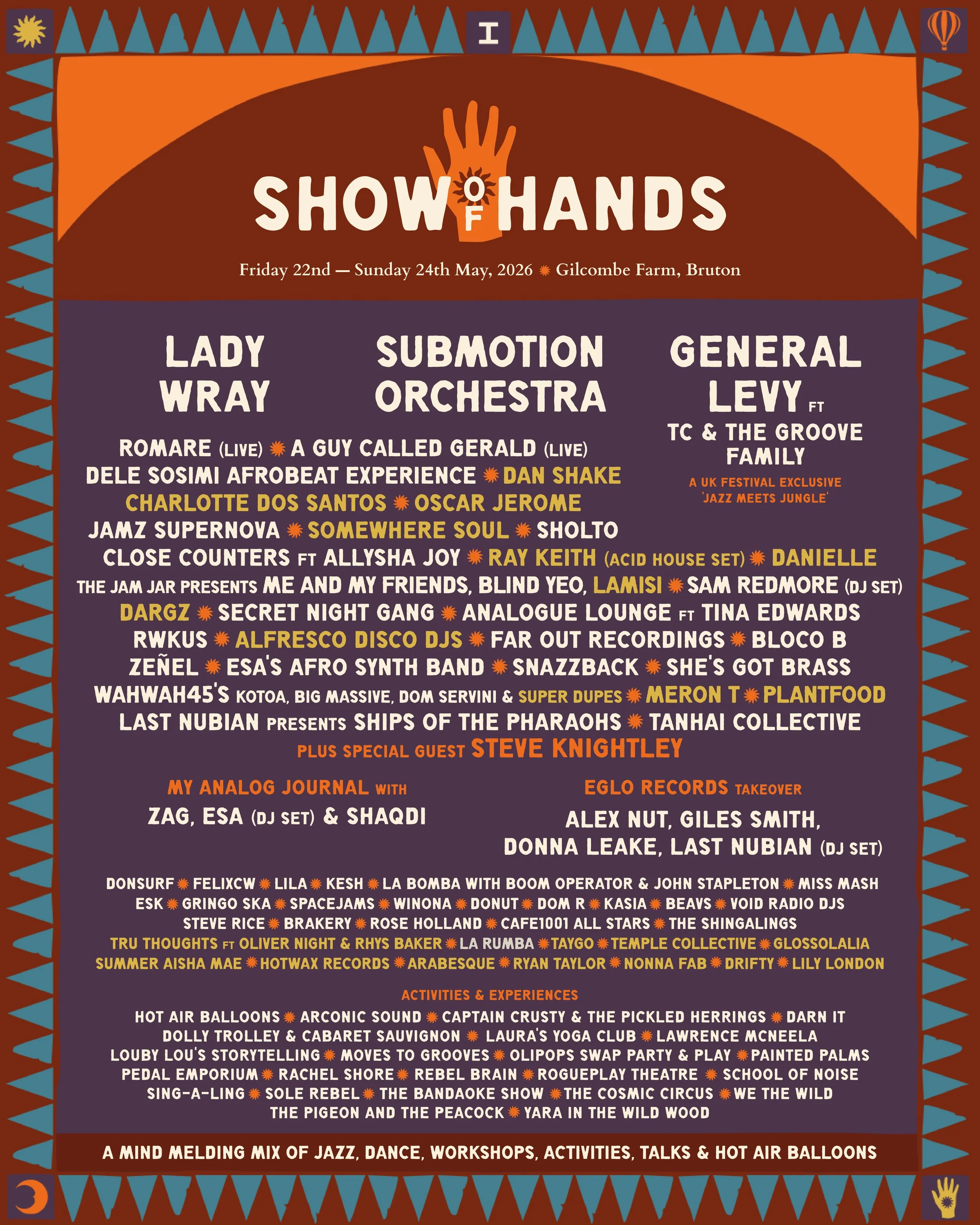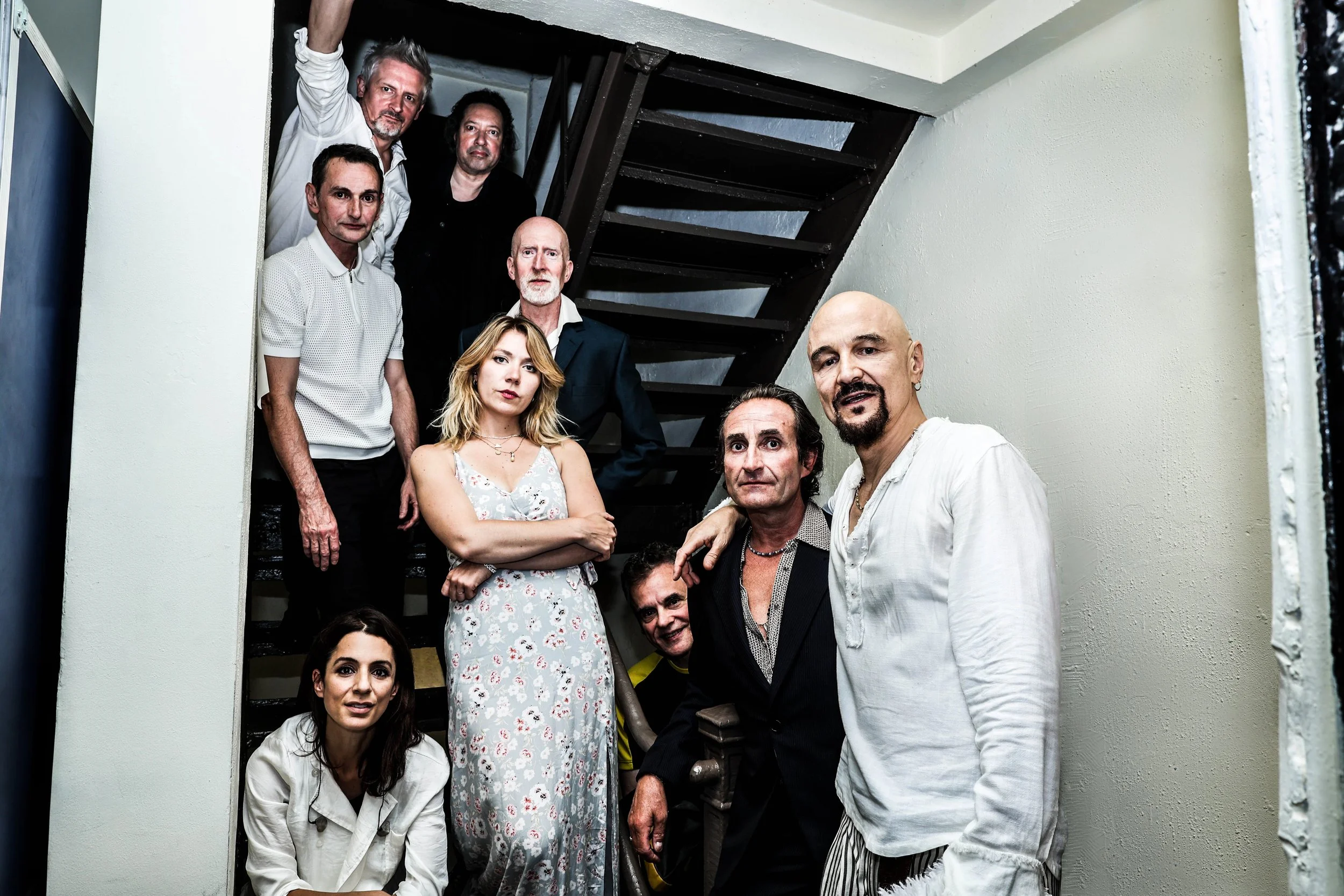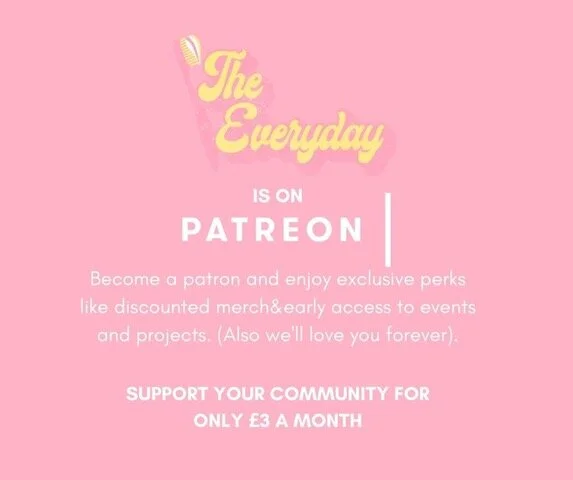Talking to: Sebastian Plano
Berlin-based, Argentinian born composer and musician Sebastian Plano started playing the cello at seven and began writing his own music at the age of eleven. A few years later he turned his back on the traditional music doctrines of his childhood, deciding he didn’t just want to play other people’s music and followed a more contemporary journey, forging his own path. This has led to his current practice from his studio in Berlin, working alone and in collaboration with some of the current greats of contemporary classical music and film, such as Nils Frahm and Boris Seewald, and receiving a Grammy nomination for his third album Verve in 2019.
His music is hard to categorise, weaving threads from many different genres and influences, but it is very much his own; contemporary classical with echoes of Argentinian folk music and synth sounds. We caught up with Sebastian on the eve of the release of his fourth album Save Me Not, as always a move in another direction. Recorded between 2019 and 2020, he has played every note on the album himself, often distilled to just piano, cello and voice. The results are a laid bare, authentic sonic world, a love letter to a special place far removed from the everyday where artists reside when in full creative flow, which he definitely doesn’t ever want to be rescued from.
Firstly tell us a bit more about yourself… Where you are from, where you are at the moment.
I was born in Rosario, a town a few hours up north of Buenos Aires in Argentina. I left home when I was seventeen years old to study abroad; first to Italy and then Boston and San Francisco. In 2013 I relocated to Berlin where I now have my studio.
Can you tell us about your musical upbringing?
Yes, I come from a family of musicians, both my parents were orchestra members and my grandfather was also a composer and bandoneonist [a bandoneon is a concertina instrument similar to an accordion, which is very popular in Argentina]. He was keeping a small size cello in his closet up until I was seven years old and I started playing it. Following that I started writing music when I was twelve.
You have said before that as a young adult you were dissatisfied with the traditional curve your musical learning was taking and decided to move away from it. Tell us more about this.
Indeed, the urge to just focus on writing music was growing bigger and bigger, at the same time I started realising that being on stage performing another composer’s music wasn’t what I really wanted to do. While I was ending my studies, I self-released my first record “Arrhythmical Part of Hearts” which was combining elements of classical with electronics. As an anecdote, my cello teacher at the time gave me a C- which is sort of a 42 in UK grades; I was furious. After finishing my degree, I decided to devote myself to writing music.
What took you to Berlin from Argentina?
There were a few stops along the way before landing in Berlin. I left Argentina when I was seventeen after getting a scholarship to study abroad in Italy. Then after two years I moved to Lisbon where I was for almost a year before moving to Boston to start my bachelor’s degree in music. After four years living in Boston I moved to the other coast, San Francisco, where I was another four years and did a master’s degree. Then, I really wanted to move back to Europe and chose to come to Berlin.
How does the Berlin scene compare to back home? Has it changed the sound and atmosphere of the music you make?
Definitely living in these countries have shaped my creativity in various ways. Berlin is a very inspiring place to be, over the past years I have met and collaborated with various colleagues, and primarily this is one of the main reasons why I moved here.
What from your Argentinian roots do you bring into your music?
I have the bandoneon from my grandfather, who was a composer and conductor of his own tango orchestra back in the 60’s. It’s an incredible instrument and a special one to me which I have played on various tracks of mine. I was listening to the music of Astor Piazzolla a lot around my 20’s, and I think there are definitely some influences I’ve gotten from this.
Your third album Verve was nominated for a Grammy - how did it feel to be nominated?
The Grammy nomination was a wonderful surprise, especially due to the story the album carries with it , which was getting all the initial works for the record stolen and having to rewrite and reimagine all of it from scratch. With this record, life gave me a punch back then and a beautiful reward later on the road.
Verve was nominated in the Best New Age category - would you classify the music you make as New Age, or something else entirely?
I believe one could say my music may have elements of New Age but I would not categorise it as such. If my music is hard to classify, then I’m on the right track.
‘Save Me Not’ came out on 2nd July, tell us the story behind this album - where did it come from and how did you shape it?
‘Save Me Not’ focuses on the alternate reality an artist enters when they create, how for some, that world becomes more bearable than the real world, and in essence myself not wanting to be saved from being lost in that world forever. This record explores the making of ensemble music by myself. Only using my main instruments, cello, piano and my voice, the record is an introspective journey, a quest, where I converse with myself away from all awareness. It was recorded during nights between mid 2019 to mid 2020 at my studio in Berlin.
Tell us about the video for A Present for a Young Traveller and working with Boris Seewald.
It was a lot of fun doing these live videos at my studio with Boris, we had to divide the screen in multiple blocks to fit all of my replications and the lengthy shooting lasted until 6AM. This is an acoustic version from the original track and was recorded live from the first video shots we did. My goal was to bring the listener inside my studio and to share the space and process of how the record was made.
Who has been your favourite collaborator / person you have worked alongside so far in your career?
My dear friend and musician Tom Adams with whom I collaborate as the duo TÆR.
What other artists are exciting you at the moment? And who are your main influences, past or present?
My earliest and perhaps strongest influences are classical and electronic music, from my childhood since there was a lot of classical music being played at home to discovering Vangelis at the age of eight and being fascinated with all those synth sounds. But along the way other artists such as Astor Piazzolla, Jeff Buckley or Talk Talk have definitely being influences as well.
I really admire the works by Arvo Pärt, I truly find his music compelling. Music can often have a psychological power to the listener and I find this to be the case with Pärt’s works, one of his works I could quote for example is the second movement of ‘Tabula rasa’; ‘Silentium’.
What is next for you?
I will be doing a ‘Save Me Not’ album tour throughout UK, Europe and Russia this coming October and a later European ‘Save Me Not’ album tour during the winter of 2022.
Save Me Not is out now. His latest single Soul III (Ylem), the last instalment of a trilogy of pieces, features on our July Spotify playlist.
Find out more about Sebastian, his music and upcoming tour dates here.









